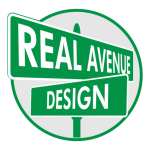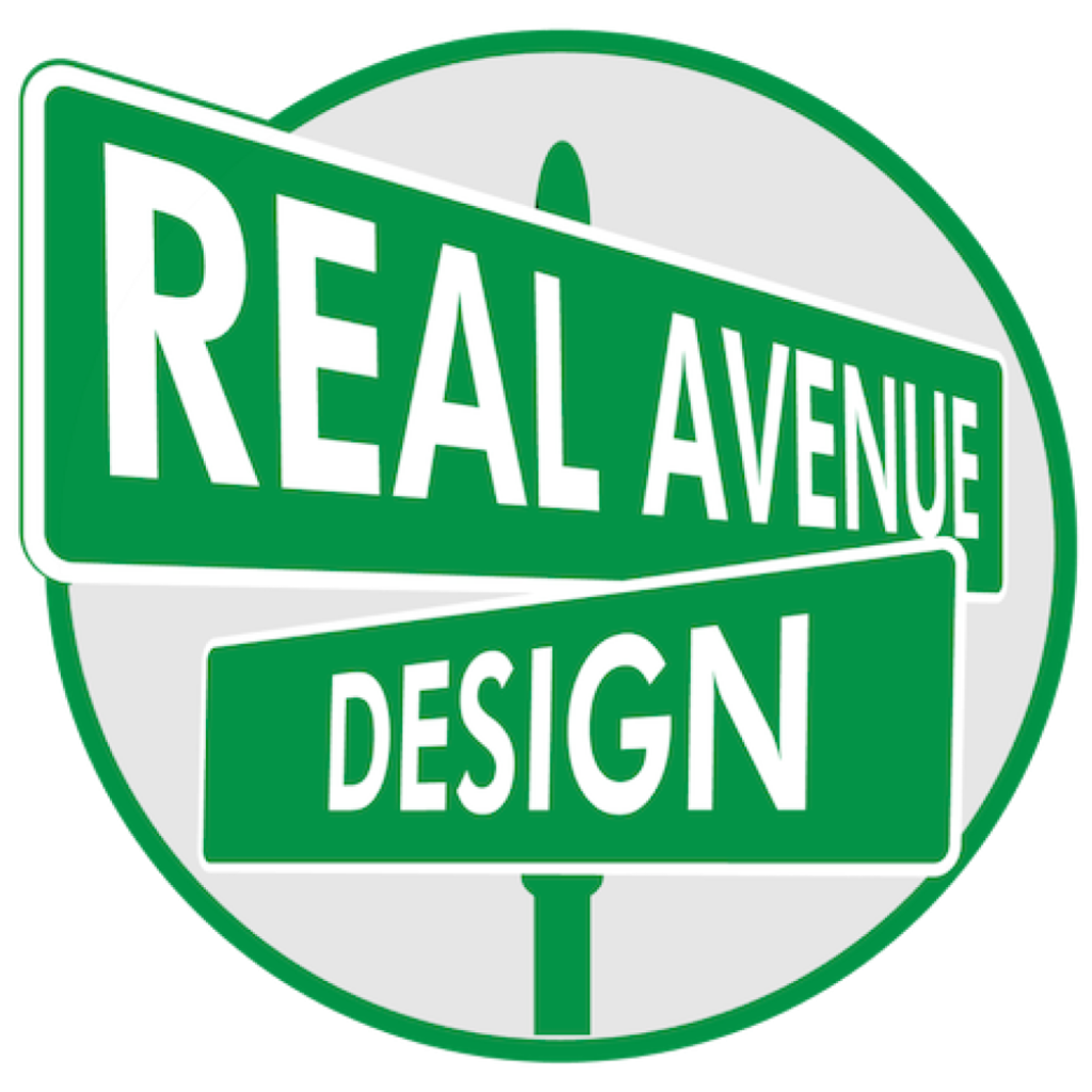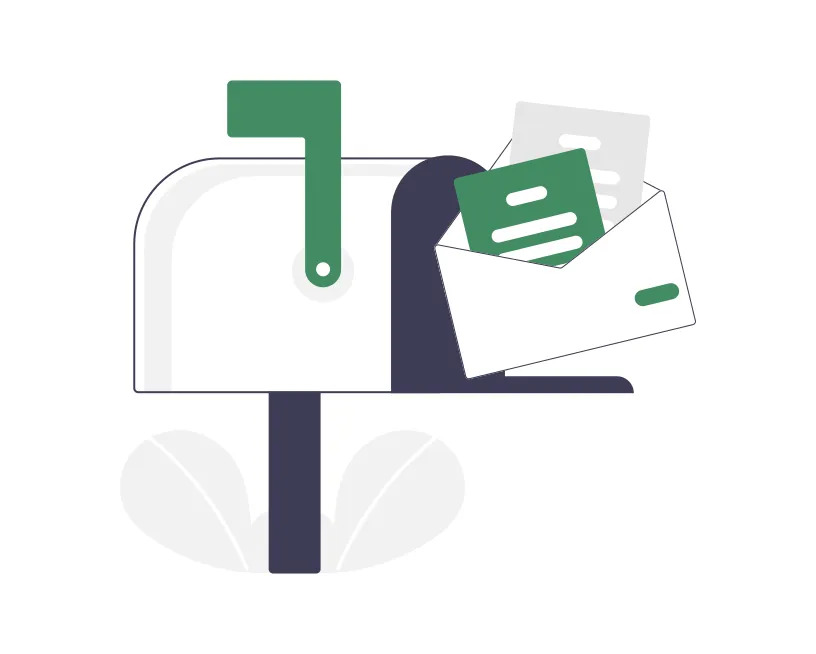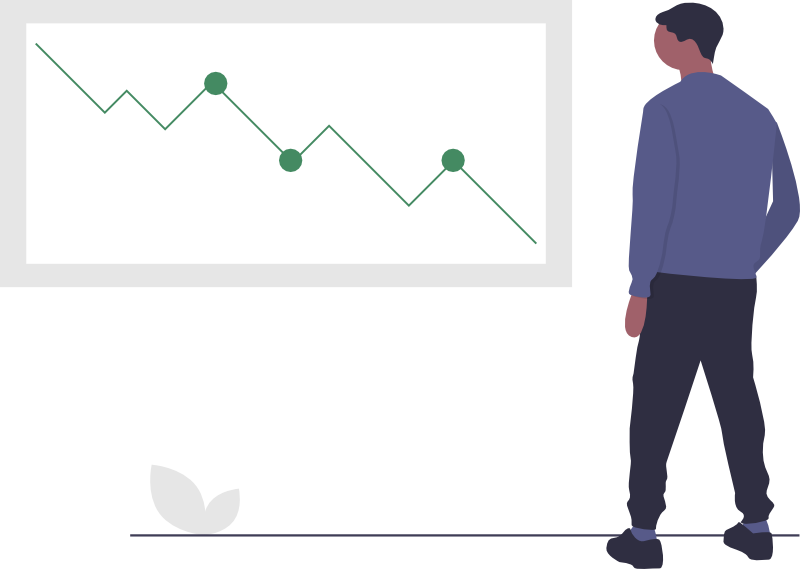The allure of do-it-yourself (DIY) website platforms like Wix, Squarespace, GoDaddy, and Shopify is undeniable. They promise ease, affordability, and a quick launch for your online presence. But behind the shiny templates and drag-and-drop functionality lies a harsh reality, DIY websites will harm your business more than the money you think you’re saving by doing it yourself.
Let’s unpack why these platforms fail to deliver real value—especially in the realm of SEO—and why investing in a professional website from the start is the smarter long-term decision for your business.
The Hidden Costs of DIY Website Platforms
At first glance, platforms like Wix and Squarespace seem like a dream come true. For a monthly fee, you get a pre-designed template and the ability to build a website without writing a single line of code. However, these platforms come with significant limitations that can harm your business in the long run:
- Lack of Flexibility: While these platforms offer templates, they are often rigid and hard to customize. This limits your ability to create a truly unique and user-friendly experience. This is especially true for tablet and mobile layouts. You are locked to the same design layout for all screens, with minimal options to personalize your layout for smaller screens.
- SEO Limitations: Most DIY platforms only offer the most basic SEO features. You’re allowed to fill in some metadata fields, but their systems are not built to support advanced SEO strategies. There are workarounds for these situations, but as a business owner, you’ll never go that far.
- Performance Issues: DIY websites often suffer from slower loading speeds due to bloated code and shared hosting environments. Search engines prioritize fast-loading websites, so this is a significant drawback.
- Hidden Costs: While the monthly fee may seem acceptable, add-ons for features like e-commerce, advanced analytics, additional storage, or even extra forms can quickly add up, making the platform easily double or quadruple the cost than you initially thought.
- Not Owning Your Data: At any time, these platforms can shutdown, change their priorities, raise their prices, and change their plans, leaving you to either deal with whatevery they force you to pay, or rebuild your website from scratch somewhere else. Your data will not migrate to another platform when you use these proprietary services.
- Terrible Design: Let’s face it, you’re not a designer or developer and neither is the family member that is helping you do this. It WILL look like you built it yourself. That is nothing to brag about because you will lose money over this.
DIY Platforms Offer Only Basic SEO Options
One of the biggest pitfalls of DIY website builders is their lack of robust SEO capabilities. Yes, they let you add page titles, meta descriptions, and a few keywords. But the problem is, basic SEO fields are just the tip of the iceberg.
SEO is not a one-size-fits-all solution. A successful SEO strategy requires:
- Proper HTML structuring
- Using headings in the proper order
- Advanced meta tag customization
- Schema markup
- Mobile optimization
- And much more…
DIY platforms simply don’t provide the tools or flexibility needed to implement these advanced SEO strategies. This leaves your website competing with one arm tied behind its back. To be on the first page and rank higher than your competitors, you’ll need a personalized SEO plan from a professional who knows SEO. At Real Avenue Design, we have specialized SEO plans for your budget that will help you rank much higher than your DIY website.
Incorrect Website Structure Hurts SEO
Even if you diligently fill out every SEO field offered by your DIY platform, you’re still missing a critical component, proper website structure. Search engine bots rely on well-structured HTML to read, crawl, and index your site efficiently. Without this, your website’s SEO score will take a hit.
Why HTML Structure Matters:
- Efficient Crawling: Search engines use bots to scan your website. A poorly structured website can confuse these bots, causing them to miss important pages or content.
- Improved Accessibility: Proper HTML ensures that your website is accessible to all users, including those with disabilities. This can indirectly improve your SEO rankings.
A professional developer like Real Avenue Design knows how to create a clean, efficient HTML structure that improves your website’s crawlability and indexing potential.
Sitemap and Robots.txt: What You Need to Know
Another often-overlooked aspect of DIY websites is the sitemap and robots.txt file. These are crucial for guiding search engines on which pages to index and which to ignore. Most DIY platforms don’t even let you touch the robots.txt file.
Here are some examples of pages that should be listed in your sitemap:
- Homepage
- Service pages
- Product pages
- Blog posts
- Category archive pages
- Legal pages
These pages should NOT be listed:
- Admin pages (backend)
- Thank-you pages
- Cart and Checkout pages
- Account pages
- Duplicate content
- Incomplete pages/posts
- Test pages
A properly configured robots.txt file can prevent search engines from indexing unnecessary or sensitive pages, ensuring your SEO efforts are focused on the content that matters most.
Naming Conventions for Maximum SEO Value
SEO is all about optimization, and naming conventions play a significant role in this. From URLs to alt text, every element on your website should be strategically named to improve your SEO score and for humans to understand as well.
I can always tell when I see a DIY website. Beside the design not being good or having inconsistent spacing/colors/design style/etc., the incorrect heading structure is a dead giveaway. This is one of the main reasons why bots have difficult time ranking your site, it can’t read it properly.
These are some key elements to optimize:
- Page Titles: Include the target keyword(s) and keep them under 60 characters.
- Page Descriptions: Summarize the webpage the best you can while using the specific keyword(s) and location you want to rank for on this page. Keep this under 160 characters.
- URLs/Slugs: Keep them short, descriptive, and keyword-rich (e.g., “yourdomain.com/web-design-hilton-head”).
- Images and Alt Text: Use descriptive file names and alt text to improve image search rankings.
- Headings and Subheadings: Use only one H1 per page and use it as your page title and use H2/H3/H4/etc for subheadings in the correct order of hierarchy for each new section on your website. No skipping of heading types! (e.g., an H3 always follows an H2, an H4 always follows and H3, etc.) Include keywords and location names naturally.
Proper naming conventions not only boost your SEO but also improve user experience by making your content more organized and accessible. The trick is to make it easy for bots AND humans to read.
The Importance of Internal Linking
Internal linking is a powerful yet often underutilized SEO tactic. This is especially true if you have blog posts. By linking to other pages on your website, you can:
- Improve navigation for users
- Help search engines understand the structure of your website
- Distribute link equity across your site
People who build their own website never use internal linking, leaving another SEO opportunity untapped. A professional developer such as Real Avenue Design can strategically implement internal links to boost your SEO and user experience.
The Power of Backlinks
Backlinks—links from external websites to yours—are one of the most critical factors in SEO. They signal to search engines that your website is credible and authoritative. However, acquiring high-quality backlinks requires:
- Publishing valuable content
- Building relationships with others in your industry
- Implementing an effective outreach strategy
DIY platforms do nothing to help you build backlinks, leaving you at a disadvantage compared to competitors with professionally managed websites that know where and how to accumulate the best backlinks for your business type.
The Importance of Google Business Profile and Local Directories
External sources like Google Business Profile and local directories are invaluable for driving traffic to your website. These platforms improve your local SEO by:
- Increasing your visibility in local search results
- Providing additional backlinks to your site
- Encouraging customer reviews
A professional web design agency will ensure your website integrates seamlessly with these external platforms, boosting your overall online presence.
The Time Investment: DIY vs. Professional
Let’s talk about time. Optimizing a website for SEO is a complex, time-consuming process. The average person can spend months trying to figure it out, only to achieve subpar results, at best. On the other hand, a professional web designer can:
- Optimize your site for SEO during the build process (crucial)
- Implement advanced strategies efficiently
- Save you countless hours of frustration
When you factor in the value of your time, hiring a professional is often the more cost-effective choice.
The Importance of Getting It Right the First Time
Launching a website is a big deal, and you only get one chance to make a first impression with your visitors, if you even had any. A poorly optimized DIY website can:
- Deter potential customers
- Damage your search engine rankings so you don’t show up at all
- Require costly redesigns later on since you need a solid foundation
- Make you impossible to find on searches
Starting with a professionally built website ensures your online presence is strong from day one, saving you time, money, and headaches. Not to mention, all of the leads you could have been getting from the get-go, which are long gone by now.
The True Cost of DIY Websites
While a DIY website might seem like a cost-effective solution, it often ends up costing you more in the long run. Here’s why:
- Lost Revenue: A poorly optimized website will drive little-to-no traffic, leading to fewer sales.
- Time Wasted: The hours spent building and optimizing your DIY site could have been used to grow your business.
- Additional Costs: You’ll eventually need to hire a professional to fix the problems caused by your DIY website. This usually requires a complete rebuild so the foundation is correct.
Affordable Solutions for Every Budget
At Real Avenue Design, we understand that budget is a concern for many small businesses. That’s why we offer flexible web design solutions that can be built in affordable phases over time. Whether you’re a startup or an established business, we’ll work with you to create a website that meets your needs and budget.
Contact Real Avenue Design Today
Ready to take your online presence to the next level? Contact Real Avenue Design for a free consultation. We’ll show you how a professionally built website can drive traffic, generate leads, and grow your business. Visit us at Real Avenue Design to get started today.




